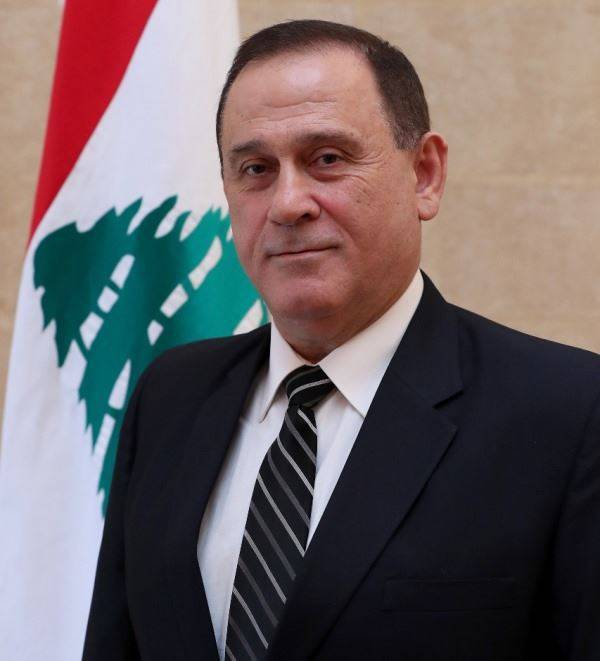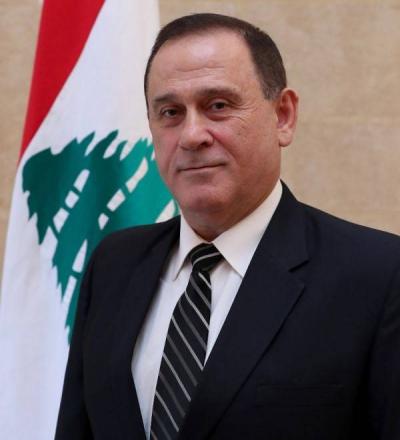Minister of Industry in the caretaker government, Imad Hoballah, considered that "there is no real commitment from the citizen nor complete enforcement from the security forces to adopt and apply the necessary measures and precautions to protect against the coronavirus pandemic through social distancing, wearing masks, hygiene, and hand washing."
In a statement, Hoballah congratulated industrialists on "their resilience and facing the problems they encounter in economic, financial, and transformative aspects." He said, "There are several committees concerned with addressing the coronavirus, each in its area. I share with Minister of Health Hamad Hassan the priority for health without neglecting people's social and economic issues. The matter is long, and coronavirus will continue throughout this year, and it is certain that it will remain for a significant part of the next year at least. Therefore, the Ministry of Health's plan is proactive and bold in the steps it is taking." He explained that "interaction is the basis for the transmission of infection, so we strive to ensure the readiness of hospitals, equipment, and the health and medical sector. Our plan is to work on treatment before people flood the hospitals. The focus is on: speeding up the acquisition of vaccines, supporting the local pharmaceutical industry, and bringing everything necessary to support the health sector, commitment and enforcement; otherwise, all measures will not be effective, leading us to ask people to stay home for a period."
In contrast, he called for "ensuring the basic needs for a large number of families, asking for the financial allocations to be distributed as quickly as possible." He emphasized that "putting an economic plan that leads to a gradual reopening of sectors, but with real commitment and enforcement to prevent the spread of the pandemic; otherwise, sectors will be closed again more. In factories, we requested a reduction of the workforce to 30%. Knowing that the worker in the factory does not mix with others, factory owners must conduct PCR tests for workers every two weeks, and the Ministry of Industry will monitor as much as possible."
He also said in his statement: "I hope that the CEDRE conference formula will be amended to provide greater support for the industrial and agricultural production sectors, which is the correct way to secure economic revival and growth by raising the CEDRE allocations of $11 billion for production sector projects to about 40-50% of it."
He supported the principle of "Lebanon's orientation towards the East, where it has strong relations with many countries, while maintaining strong ties with the West." He revealed the possibility of the Prime Minister Hassan Diab leading an official ministerial delegation to Iraq, calling for "trust in Lebanese industry, which produces goods and products of the highest standards and best specifications. We have confidence in all our factories, particularly in the pharmaceutical ones. When I spoke about one of the pharmaceutical factories' readiness to produce a vaccine against coronavirus, Dr. Nazih Bazzi spoke in the same context. This factory is known for producing medicines used in the war against coronavirus, and I emphasize what I said; therefore, enough doubt about our industries and capabilities."
Regarding his decision to open the door for cement importation, Hoballah said: "The price of a ton of cement has reached 1,300,000 lira, so we worked with the Cabinet to set the price of the ton at 240,000 lira, and we allowed importation on the condition of ensuring the source and compliance of the imported goods with specifications, and that prices are competitive and below 300,000 lira per ton."




